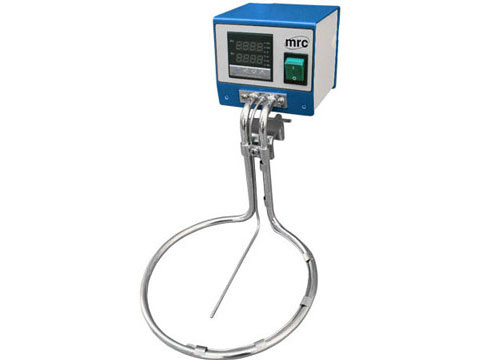In today's fast-paced world, where convenience and efficiency are paramount, immersion heaters have emerged as indispensable appliances for heating water in various applications. From residential to industrial settings, these compact devices have proven to be reliable and cost-effective solutions. In this article, we will delve into the world of immersion heaters, exploring their functions, types, benefits, and the diverse scenarios in which they are used.
What are Immersion Heaters
Immersion heaters are electrical devices designed to heat liquids, primarily water, by immersing a heating element directly into the fluid. They are widely recognized for their efficiency and ease of use, making them a preferred choice for a multitude of applications.
How Do Immersion Heaters Work?
Immersion heaters work on a simple principle. They consist of a heating element, usually made of stainless steel, and a thermostat to control the temperature. When the heater is plugged in, the element heats up, and the thermostat ensures that the water reaches and maintains the desired temperature.

Benefits of Immersion Heaters
Energy Efficiency
They are known for their energy efficiency, as they heat the water directly, minimizing heat loss during the heating process.
Quick Heating
These heaters provide rapid heating, making them ideal for situations where hot water is needed promptly.
Easy Installation
The installation is straightforward, and they require minimal maintenance, reducing operational costs.
Applications of Immersion Heaters
Find applications in various industries and settings:
1. Domestic Use
In households, they are commonly used in water heaters and geysers, ensuring a steady supply of hot water for daily activities.
2. Industrial Processes
Industries rely on immersion heaters for processes such as chemical manufacturing, food production, and oil refining, where precise temperature control is essential.
3. Laboratories
Research laboratories use immersion heaters for experiments and tests that require precise temperature regulation.
Immersion Heaters for Laboratory
Laboratory immersion circulators, are specialized heating devices designed to immerse in liquids within laboratory vessels. They are widely used in scientific research, pharmaceuticals, and other laboratory applications where maintaining specific temperatures is essential.
Common Laboratory Applications
Laboratory immersion heaters find extensive use in several key applications:
1. Chemical Reactions
In chemical research, precise temperature control is essential for reactions. Immersion heaters ensure that reactions occur at the desired temperature, yielding accurate results.
2. Sample Preparation
Laboratories use this to warm samples before analysis. This ensures that samples are at the required temperature for testing, maintaining the accuracy of results.
3. Cell Culture
In cell culture work, maintaining a constant and controlled temperature is critical for cell growth and viability. its provides this stability.
Considerations for Laboratory Immersion Heaters
1. Compatibility
Ensure that the products you choose is compatible with the type of liquid and container you will be using in your experiments.
2. Temperature Range
Different experiments may require different temperature ranges. Select an immersion heater that can achieve and maintain the necessary temperatures.
3. Safety
Always follow safety guidelines and manufacturer instructions when using laboratory immersion heaters to prevent accidents and ensure the well-being of lab personnel.